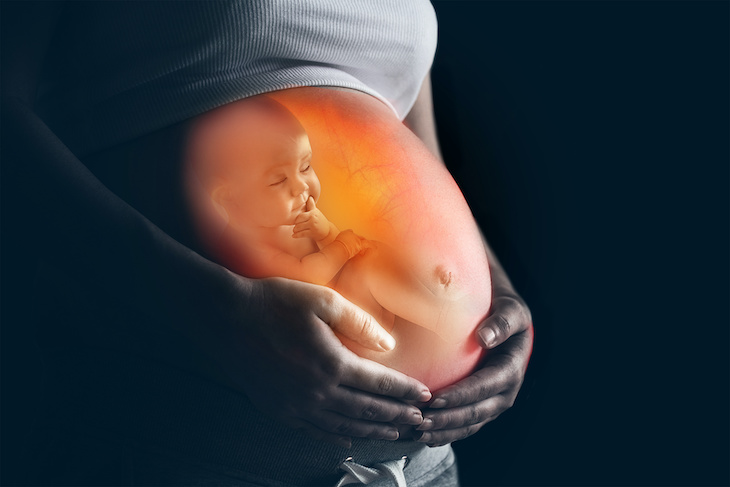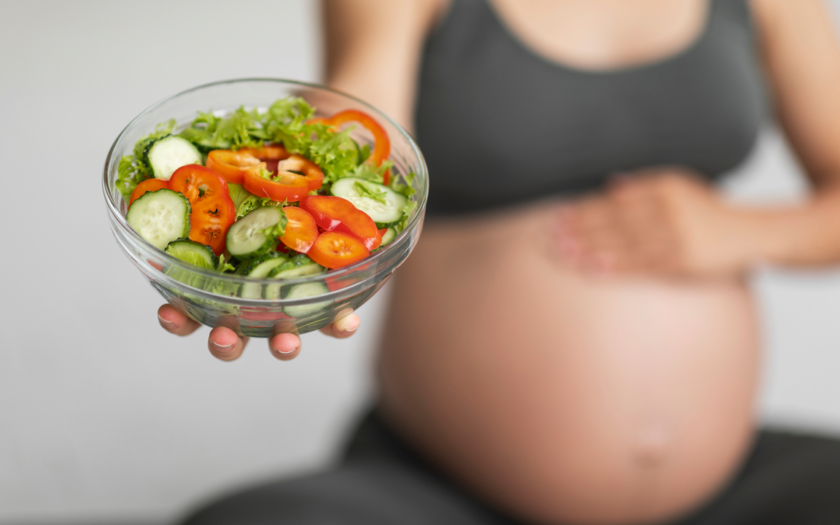Overweight refers to a condition where a person has more body weight than what is considered healthy for their height. It’s typically assessed using a measurement called Body Mass Index (BMI), which takes into account a person’s weight and height.
Продолжить чтение




